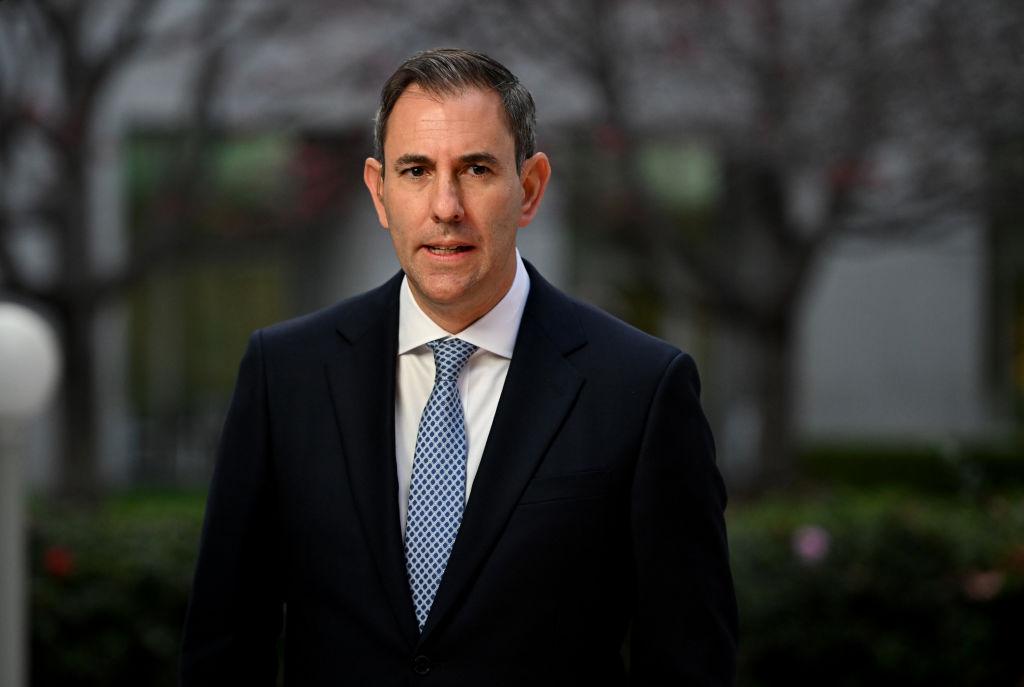The Albanese government is not interested in adopting powers to break up major supermarket companies, with Treasurer Jim Chalmers highlighting several issues with the approach.
It comes after the Liberal-National Coalition revealed it would back a Greens proposal to legislate government powers to “divest” supermarkets of their assets and stores if elected.





